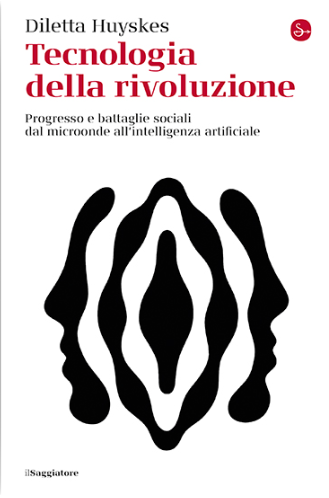Sara is a woman, a mother. She is unemployed, single and a migrant. Her identity is multi-layered, unique and unrepeatable. These social characteristics will make her suspect for her entire life. Because, for a mathematical model – and for the government of her country – Sara is just a set of indicators that, added together, generate a high risk score, a statistical prediction that turns her into a potential criminal. But her only crime is being herself, and sharing a similar profile to other people who existed and were accused before her.
This and many other stories show us that a single number processed by an algorithm can change the fate of entire social groups, risking a return to ancient injustices, today amplified by the way we are using these tools. Retracing the history of technology we can also cross that of social exclusion: every invention, from the bicycle to the microwave oven, up to artificial intelligence, is the result of precise choices, values and human compromises that cause strong impacts on society.
Thanks to the rediscovery of many feminist contributions proposed between the 1970s and 2000s, Technology of the Revolution pushes us to reflect on how to intervene to ensure that technological revolutions do not lead to social revolutions.
